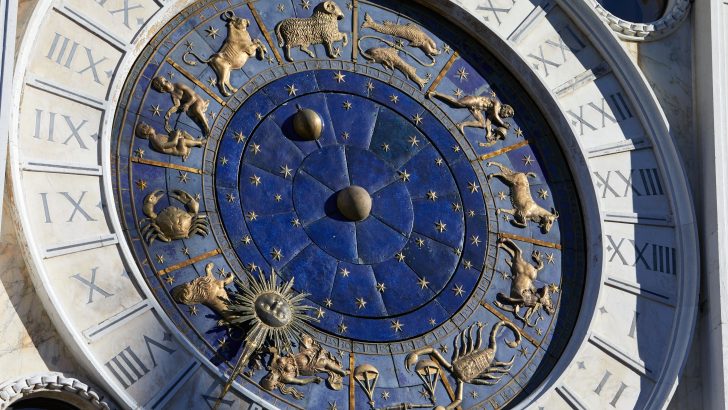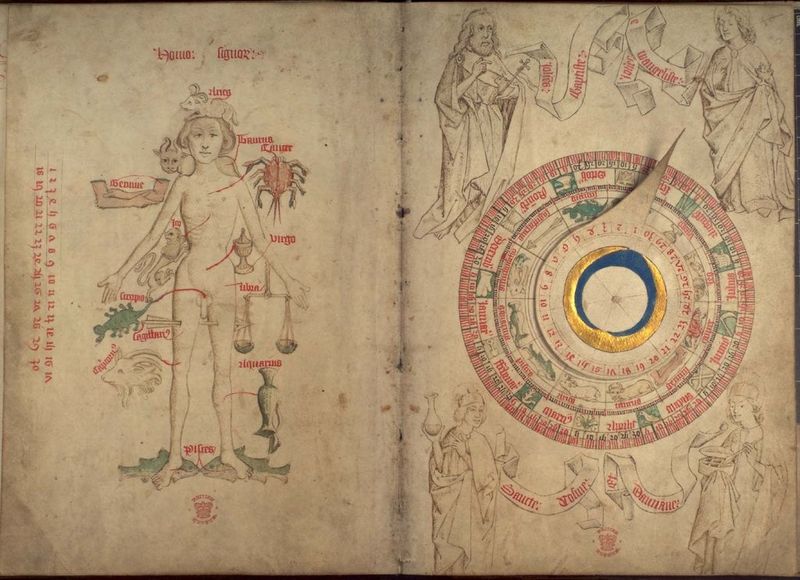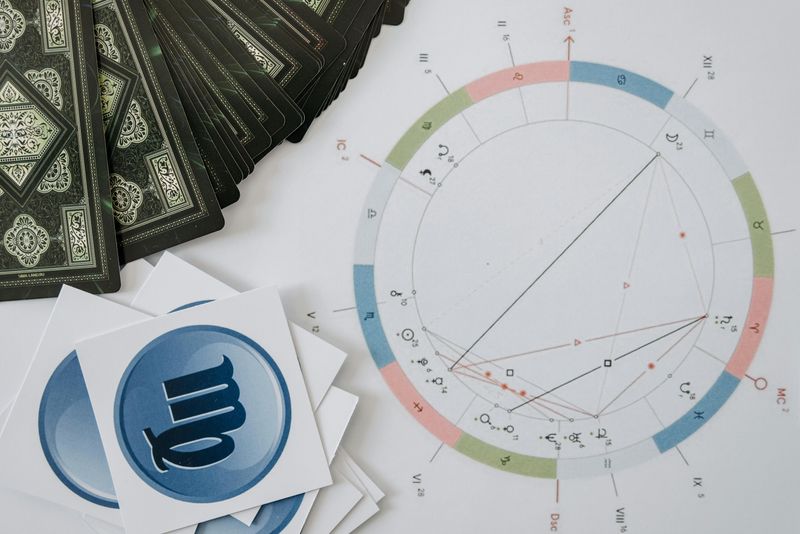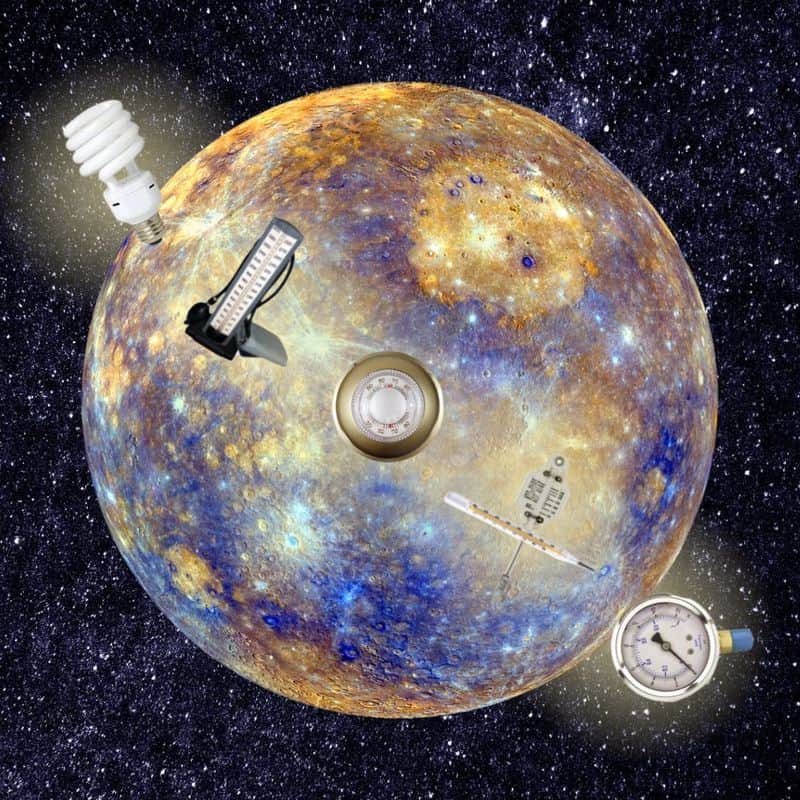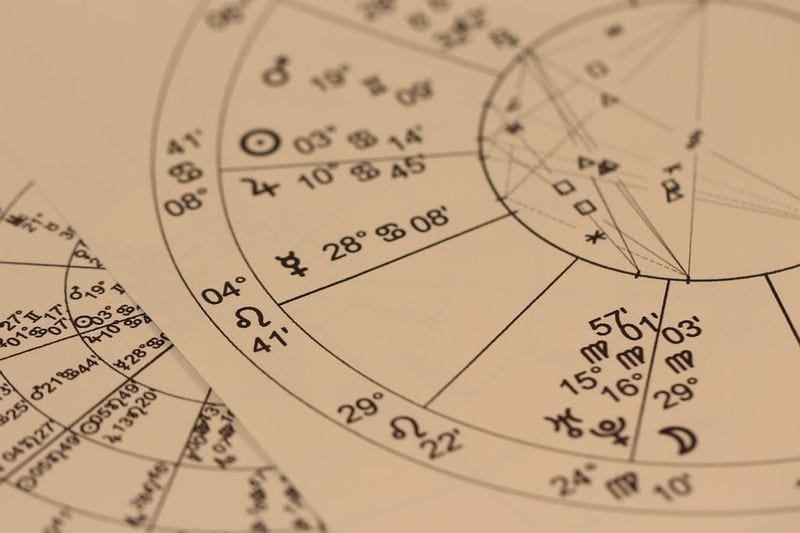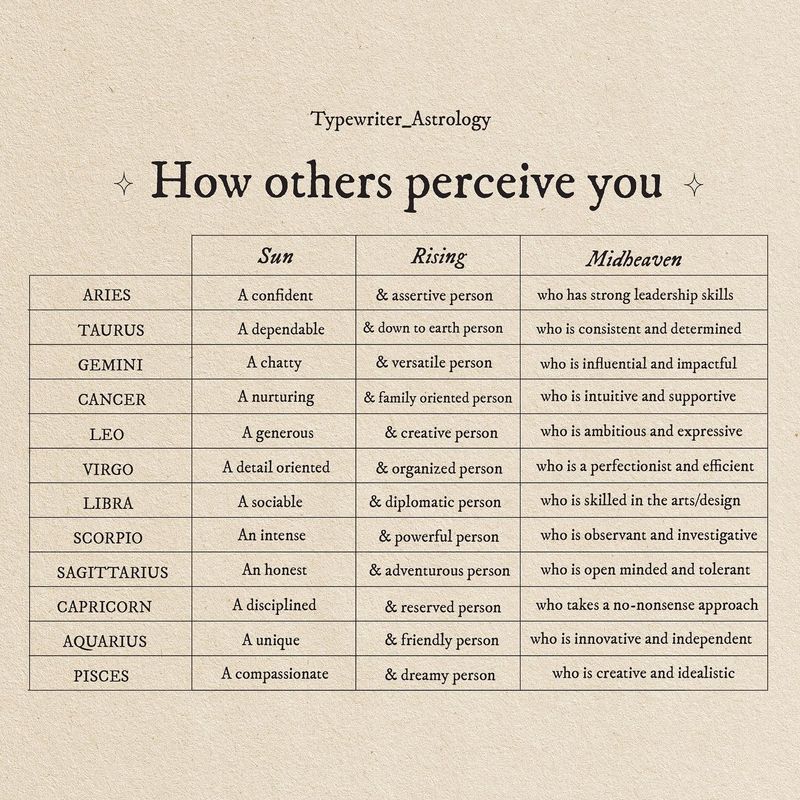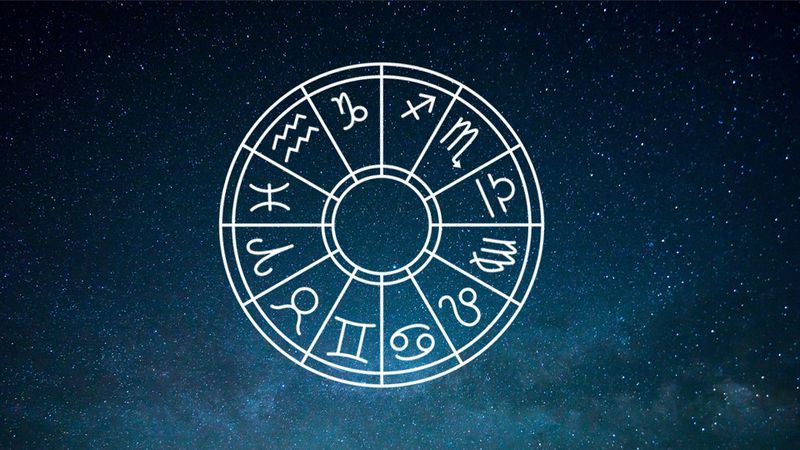Ever noticed friends checking their horoscopes before making big decisions? Astrology, the ancient practice of connecting star positions to human lives, has exploded in popularity lately.
From casual horoscope readers to serious birth chart analyzers, people are turning to the cosmos for guidance like never before.
But what exactly makes us so fascinated with this celestial personality test?
1. Star-Crossed Origins: Astrology’s Ancient Roots
Imagine ancient Babylonians gazing at night skies thousands of years ago, tracking planets to predict floods and harvests. These early stargazers weren’t just admiring twinkling lights—they were creating astrology’s foundation!
By the time Greeks and Egyptians got involved, they’d expanded these ideas into elaborate systems connecting celestial movements with human personalities. The zodiac signs we recognize today were born from these observations.
Fun fact: The oldest known horoscope dates back to 410 BCE, proving our ancestors were just as curious about their cosmic personalities as we are now.
2. Cosmic ID Cards: How Birth Charts Work
Your birth chart is basically a cosmic selfie captured at your first breath. Unlike daily horoscopes that only consider sun signs, these celestial snapshots map exactly where each planet was when you arrived on Earth.
Mars might reveal how you handle anger, while Venus exposes your romantic style. Mercury? That’s your communication blueprint! The houses—twelve pie slices of sky—show which life areas these planetary energies affect most.
No wonder people get hooked—birth charts offer personalized cosmic insights that generic horoscopes can’t match. Two Virgos born hours apart might have completely different Mercury placements!
3. Mercury Retrograde Madness: Astrology in Pop Culture
"Sorry I’m late—Mercury’s in retrograde!” This planetary excuse has somehow become acceptable in everyday conversation. Celebrity astrologers like Susan Miller and Chani Nicholas have millions following their cosmic predictions.
Astrology memes flood Instagram, while TikTok’s #astrology hashtag boasts billions of views. Even skeptics know their sun sign! Fashion brands release zodiac-themed collections, and dating apps let you filter matches by sign compatibility.
The hilarious part? Many self-proclaimed skeptics still pause when hearing about Scorpio intensity or Gemini duality. Astrology has become our cultural shorthand for understanding personality differences.
4. Cosmic Comfort: Astrology During Uncertain Times
When the world feels like a chaotic mess, astrology offers a comforting narrative. Global pandemic got you stressed? Perhaps Saturn’s challenging transit explains these difficult lessons!
Research shows astrology interest spikes during personal and collective crises. By suggesting celestial patterns behind earthly chaos, it provides a sense that someone—or something—has a master plan when everything feels random.
Astrology gives language to describe difficult experiences: “I’m having a Saturn return” sounds way better than “everything in my life is falling apart.” The cosmos becomes a companion during lonely nights, promising that challenging transits eventually end.
5. Self-Discovery Shortcut: Astrology as Personal Growth Tool
"That’s such a Taurus thing to do!” Astrology gives us vocabulary for understanding ourselves and others. Instead of saying you’re stubborn, you might recognize your fixed earth sign tendencies.
Many therapists note astrology can jumpstart self-reflection conversations that might otherwise feel threatening. Exploring your moon sign might reveal emotional needs you’ve been ignoring. Your Saturn placement could highlight where you feel insecure.
Unlike personality tests requiring questionnaires, astrology offers instant insights based solely on birth details. Whether scientifically valid or not, millions find these cosmic mirrors surprisingly accurate reflections of their inner landscapes.
6. Science vs. Stars: Why Astrology Persists Despite Skepticism
Scientists roll their eyes at astrology’s popularity. After all, no physical mechanism explains how distant planets could influence personality traits. Studies consistently find no correlation between zodiac signs and personality.
Yet even highly educated people still check their horoscopes! The Barnum Effect—our tendency to accept vague descriptions as personally accurate—partly explains this phenomenon. Confirmation bias makes us remember astrological hits while forgetting misses.
Interestingly, many modern astrology enthusiasts don’t actually believe planets magically control our lives. They view birth charts as meaningful symbolic systems—cosmic metaphors that provide useful perspectives regardless of scientific validity.
7. Cosmic Community: How Astrology Creates Connection

"What’s your sign?” remains one of the most reliable icebreakers at parties. Astrology creates instant tribal connections—fellow Cancers understand your emotional sensitivity without explanation!
Online astrology communities thrive across platforms, where strangers bond over shared planetary placements. Dating apps now feature zodiac filters, while friendship-finding apps match users based on astrological compatibility. Even workplace teams sometimes use astrology to improve communication.
During isolated pandemic years, virtual astrology workshops and moon circles provided much-needed human connection. The language of planets and signs creates a shared vocabulary that transcends geographic, cultural, and socioeconomic boundaries.

